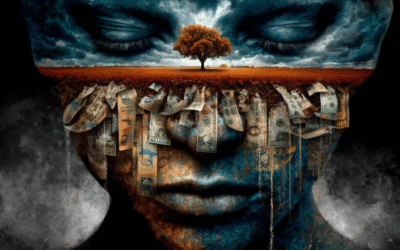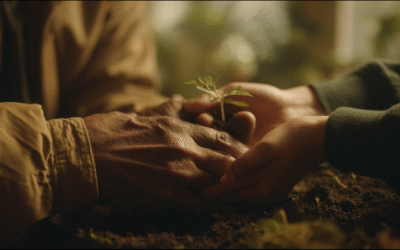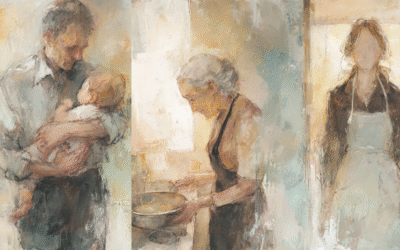At Ministry for Peace Australia, we examine Prince Harry’s narrative not for royal gossip value, but because it perfectly illustrates a critical misconception about reconciliation processes worldwide: the mistaking of personal storytelling for communal truth-telling. When a British royal invokes Indigenous frameworks developed through centuries of collective trauma to justify publishing family grievances, it reveals how easily profound concepts can be stripped of their essential reciprocity—a pattern that repeats across contexts from workplace conflicts to international diplomacy, where genuine peace requires not just broadcasting one’s perspective but creating space where multiple, often contradictory truths can coexist uncomfortably yet honestly.
There’s something jarring about a British royal invoking Indigenous wisdom to justify publishing family grievances. When Prince Harry cited First Nations teachings—that truth must precede reconciliation—to frame his memoir Spare and subsequent interviews, he revealed a fundamental misunderstanding of what truth-telling actually means in contexts of collective healing.
The problem isn’t that Harry shared his story. It’s that he mistook personal narrative for a communal process.
In the traditions Harry references, truth-telling isn’t therapeutic self-expression. It’s a reciprocal practice requiring multiple voices, uncomfortable contradictions, and shared vulnerability. When South Africa’s Truth and Reconciliation Commission convened, it didn’t just invite victims to speak—it required perpetrators to confess publicly. The Uluru Statement from the Heart doesn’t merely broadcast Indigenous pain—it demands structural listening. Canada’s commission on residential schools wasn’t about individual catharsis but institutional accountability.
These processes share a crucial element absent from celebrity memoir: the courage to let truth be plural. Not a single polished narrative but a messy convergence of conflicting memories and shared responsibility.
The distinction matters. When we confuse personal disclosure with truth-telling, we strip important moral concepts of their meaning. “My truth” can be powerful—especially for those historically silenced—but it’s not the same as participating in a shared reckoning where everyone risks something.
This isn’t unique to royalty. We all do this. We craft compelling stories about our pain, then feel betrayed when those we’ve implicated don’t immediately embrace our version. But truth-telling that costs nothing—where we control the narrative, timing, and audience—is only half the work.
Real reconciliation begins not when you’ve told your story, but when you make space for contradictory accounts. Not when you’ve been heard, but when you’ve surrendered the certainty that you’re right. It happens in the uncomfortable space between memories, where neither party gets to author the final version.
There’s also something troubling about borrowing language developed to address historical trauma for celebrity brand management. When public figures adopt terms like “truth-telling”—phrases with specific procedural meanings in contexts of colonial harm—for personal disputes, they blur important distinctions between structural injustice and interpersonal conflict.
The irony is particularly sharp when those with global platforms invoke the frameworks of people historically silenced, while holding the microphone themselves.
What would genuine reconciliation look like on a personal scale? It would start with relinquishing narrative control—inviting in accounts that might contradict our own. It would mean listening for what we don’t want to hear: that we misunderstood something, that our actions hurt others more than we intended, that we weren’t as powerless as we felt.
In Harry’s case, it would mean making space for his family to be more than supporting characters in his healing journey. In our own lives, it might mean reopening conversations we thought we’d finished—not to restart arguments, but to ask: “What happened to you, when all of this was happening to me?”
That’s where truth-telling becomes relationship, not release. Where reconciliation stops being something we hope others will grant us and starts being something we practice together.
If truth is indeed the first step toward healing—and it is—then the next step isn’t reconciliation by request. It’s the harder work of listening. Of witnessing contradictions without resolving them. Of understanding that the most important question isn’t “Have you heard my truth?” but “Am I ready to hear yours?”










0 Comments